Hungryfeed test page plus tablepress.
Sanguila also stresses the importance of conserving what is left of Mindanao’s forests, especially now that we know what a special place it is. Although much of the original forest cover in the lowlands have been lost, she believes it is critical to establish new protected areas to halt the environmentally destructive harvest of natural resources, to promote societal environmental awareness, and to allow habitats to regenerate over several decades.
Siler hopes this paper is only the beginning of a bright future for biodiversity research in the area. He plans to continue working with the University of Kansas, graduate students from the program – many of whom have started their own programs in the United States – as well as their Philippine collaborators.
| Myanmar Army: The national armed forces, known as the Tatmadaw. |
|---|
| Nationwide Ceasefire Agreement (NCA): A multilateral agreement that calls for political dialogue between the Myanmar army and the country’s ethnic armed organizations. Signed on Oct. 15, 2015 by the Tatmadaw and eight armed groups. |
| Border Guard Forces (BGFs): Created by the Tatmadaw in 2009 and 2010. They were formed by integrating Tatmadaw soldiers with those from units originally with either ethnic armed organizations or militia groups. The BGFs have served as proxy forces for the Tatmadaw to exercise influence in areas not under their direct control. |
| Karen National Union (KNU): Formed in the late 1947, the KNU is Myanmar’s oldest ethnic armed opposition group. The KNU initially called for independence, but since 1976 has instead been seeking a federal system. Signed a bilateral ceasefire with the government in 2012 and is part of the NCA. |
| Karen National Liberation Army (KNLA): Formal armed wing of the KNU. It was founded in 1949. |
“When you do survey work on Mindanao, two main issues need to be addressed; security-related and local (within site) politics,” Sanguila said. Culturally, Mindanao is incredibly complex and diverse. The island is home to some two dozen ethnolinguistic groups speaking roughly 70 languages, who often have conflicting interests over how to use the island’s rich agricultural and natural resources. Proper precautions had to be taken before researchers could go into the field, including meeting with local authorities, tribal leaders, hunters, police and military for advice.
All that hard work is now paying off. “Having [Sanguila] down there and being one of the more active biodiversity researchers in the southern Philippines is a fantastic position to develop new conservation initiatives and awareness about biodiversity,” Siler said. In 2013, Sanguila came to the University of Oklahoma on a Fulbright scholarship to study genetic sampling techniques as well as the ins and outs of building and caring for a natural history collection. It was there, in collaboration with Siler, that the ambitious project to survey the reptiles and amphibians of Mindanao was born.
Another major goal of the research was to update outdated IUCN conservation status assessments by sorting out unresolved taxonomic questions. That work, the researchers say, has just begun. Many more long-term species surveys are needed to truly understand the diversity and conservation status of the reptiles and amphibians of Mindanao. That will require using modern genetic sampling techniques as well as input from more traditional taxonomists who perform the detailed work of teasing apart species relationships. According to Sanguila, 20 percent of the species recorded require “immediate systematic revisions” before informed decisions can be made regarding their conservation status.
- ‘Our life support system is at risk’: Interview with ‘Her Deepness’ Sylvia Earleby Elizabethalberts on May 3, 2024 at 10:09 am
ATHENS — At 88, Sylvia Earle is at an age when most people would be slowing down. But retirement doesn’t appear to be on the radar of the famous oceanographer and marine biologist, known by many as “Her Deepness” due to the more than 7,500 hours she’s spent underwater. When Earle’s not diving in the
- Owl conservationist Raju Acharya wins Whitley Award in hat trick for Nepalby Abhayarajjoshi on May 3, 2024 at 1:06 am
KATHMANDU — Raju Acharya, a Nepali conservationist, has been named one of the six winners of this year’s prestigious Whitley Awards, also known as the “Green Oscars,” in recognition of his work protecting and campaigning for owls. Acharya, the third Nepali to win the award in as many years, is the founder and executive director
- State management and regulation of extractive industries in the Pan Amazonby Mayra on May 2, 2024 at 4:06 pm
The extractive industries are strategic components of the economy of all Amazonian countries, but their importance varies greatly. Mineral extraction creates tangible economic benefits for a sovereign state. Converting a non-renewable natural resource into money can provide an emerging economy or middle-income country with much-needed financial capital for infrastructure development and poverty reduction. The resource
- No answers for Ghanaian fishery observer’s family months after suspected deathby Rebecca Kessler on May 2, 2024 at 1:04 pm
ANYAMAM, Ghana — The brother of a Ghanaian fisheries observer who went missing from his assigned vessel last October says the family has received no information from the authorities investigating the case. Yohane Abayateye tells Mongabay the family is now considering legal action to compel the Ghana Police Service to release the findings of its
- New illegal logging threatens Liberia’s forests amid vague banby Terna Gyuse on May 2, 2024 at 8:21 am
MONROVIA — Chainsaw-milled timber is emerging as a damaging new form of illegal logging in Liberia. Chainsaw milling is legally permitted only for small-scale production of boards for the country’s domestic market, but larger operators may be using it as a means to evade regulations governing the sourcing and tracing of wood, and to avoid
- Multilateral development banks must prioritize clean & community-led energy projects (commentary)by Erik Hoffner on May 1, 2024 at 6:25 pm
The intensifying impact of the climate crisis on frontline communities in the Global South, record-breaking CO2 emissions, and global temperatures exceeding 1.5 degrees Celsius above average in 2023 are signs that we urgently need a just energy transition that reaches all levels of society. Through our work on the Energy Finance Tracker at the International
- New study says conservation works, providing hope for biodiversity effortsby Lizkimbrough on May 1, 2024 at 6:12 pm
Conservation efforts are making a significant difference in protecting the planet’s biodiversity, according to a new study published in the journal Science. In an analysis of 186 studies covering 665 trials, researchers evaluated the impact of conservation interventions globally over the past century. In two-thirds of the cases, conservation actions either improved biodiversity or slowed
- Indigenous Philippine village rejects gold mine, cites flawed consultationby Isabel Esterman on May 1, 2024 at 7:40 am
SITIO DALICNO, Philippines — Domeng Laita, 64, stands on a mountain ledge outside his home, looking down with worry on his face. Below him stands the embankment of the San Roque dam, stretching more than a kilometer (0.6 miles) along the Agno River. In 2012, a spill from a gold mine upstream sent millions of
- Mangrove forestry only sustainable when conservation zones respected: Studyby Isabel Esterman on May 1, 2024 at 4:28 am
Mangroves are recognized globally for their impressive carbon storage potential and plethora of social and ecological benefits. Beyond their outsize role in buffering the world against greenhouse gas emissions, their extensive root systems protect and stabilize coastlines and provide habitat for commercially important fish and shellfish. However, these crucial coastal tropical forests also have a
- Education & research bring Rio’s dolphins back from the brink of extinctionby Xavier Bartaburu on April 30, 2024 at 7:36 pm
RIO DE JANEIRO, Brazil — Just 60 kilometers (37 miles) outside the city of Rio de Janeiro, dozens of Guiana dolphins swim cautiously past the motorboat, cutting through the water’s surface to breathe. Leonardo Flach stands at the bow taking photos to later identify individuals based on their dorsal fins. With a clear sea and
- Indigenous communities along Argentina’s Río Chubut mobilize to conserve waterwayby Latoya Abulu on April 30, 2024 at 6:33 pm
CHUBUT RIVER, Argentina — “The waters of this territory converge in the Río Chubut,” began the refrain of a caravan traveling across Argentina’s Patagonia region in the budding first weeks of February. “And like the waters, so too will our voices flow together to be heard.” The group, made up of Indigenous Mapuche leaders, activists
- Apologies aren’t enough, Indigenous people say of Brazil dictatorship’s crimesby Xavier Bartaburu on April 30, 2024 at 5:00 pm
In Mato Grosso do Sul state, around 100 Indigenous individuals from the Guyraroká community of the Guarani-Kaiowá people are confined to an area of 50 hectares (123 acres) on the edge of a road, surrounded by soybean and corn plantations. Meanwhile, in Minas Gerais state, the Krenak are fighting to reclaim the area where their
- In Bangladesh, olive ridley turtles break 4-year record with 53% increase in eggsby Abusiddique on April 30, 2024 at 1:40 pm
This year, Bangladesh has seen its highest number of olive ridley turtle eggs, thanks to extensive conservation actions, including building awareness among local people and the vigilance of local conservation groups to ensure favorable conditions for the species. Nature Conservation Management (NACOM) found 12,425 eggs in five turtle hatcheries — Pachar Island, Shilkali Island, Shahpari
- AI model maps global tree canopy heights in hi-res, with carbon counting in mindby Abhishyantkidangoor on April 30, 2024 at 9:49 am
More than one-third of land on Earth — that’s about three times the size of Russia, the largest country — has vegetation whose canopy reaches a height greater than 1 meter, or 3 feet. Vegetation with a canopy higher than 5 m (16 ft) occupies another area about twice the size of Russia. These are
- What’s at stake for the environment in Panama’s upcoming election?by Alexandrapopescu on April 30, 2024 at 6:00 am
Panama is holding elections this week for president, vice president and all 71 seats in its national assembly. With questions looming about climate change, water shortages, waste disposal and mining closures, there’s a lot at stake for the future of the country’s environment. When it comes to the presidential race, several candidates are still competitive.
- Flocking together may create birds of a feather, study findsby Abhayarajjoshi on April 30, 2024 at 1:19 am
KATHMANDU — On an early spring morning in the western forests of Chitwan National Park in Nepal, a cacophony of birdsongs resonates through the air, mingling with the rustling of dried leaves and cries of other animals in the distance. As the sun’s rays penetrate the thick canopy, a feathered creature adorned with a dark
- Indigenous Bolivians flee homes as backlash to mining protest turns explosiveby Alexandrapopescu on April 29, 2024 at 3:23 pm
Environmental activists in Bolivia say they’ve become the targets of discrimination, death threats and even bombings after speaking out against harmful mining operations in the department of Oruro. The activists, most of them women, have faced escalating violence this year because of their opposition to mining pollution, water scarcity and land use change near the
- Nepal govt bypasses parliament to allow commercial projects in protected areasby Abhayarajjoshi on April 29, 2024 at 1:11 pm
KATHMANDU — Nepal’s government has bypassed the country’s parliament to issue a controversial ordinance facilitating foreign investment in different sectors of the country, including protected areas, in a move that could have long-term consequences for the country’s hard-won conservation gains, experts say. Although the details of the ordinance, signed into law by President Ram Chandra
- Warming climate threatens to worsen air quality in already polluted Kathmanduby Abhayarajjoshi on April 29, 2024 at 12:14 pm
KATHMANDU — Whenever 60-year old Saraswati Adhikari goes for a morning walk in Nepal’s capital, Kathmandu, she says she feels a certain unease in her chest. “I get a burning sensation in my eyes and nostrils and I have mucus streaming out for a long time,” says Adhikari, a diabetic whose doctor has advised her
- Bioacoustics and AI help scientists listen in on elusive Australian cockatoosby Abhishyantkidangoor on April 29, 2024 at 9:17 am
Barely a year after the Australian government classified the eastern pink cockatoo as an endangered subspecies, scientists have deployed technology to help study and protect the birds. With the help of passive acoustic monitoring and artificial intelligence, researchers at the Queensland University of Technology found their way to a previously unknown breeding hollow of eastern

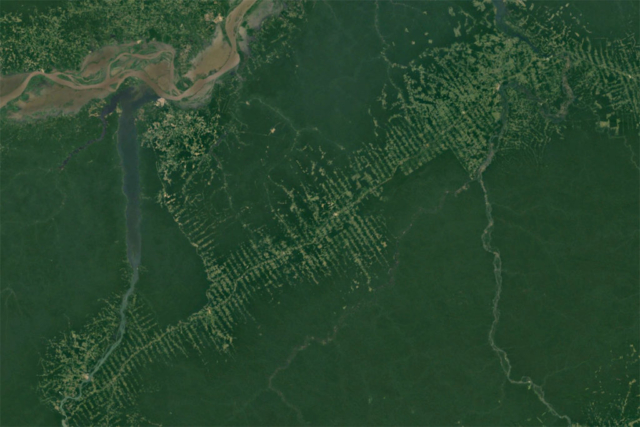
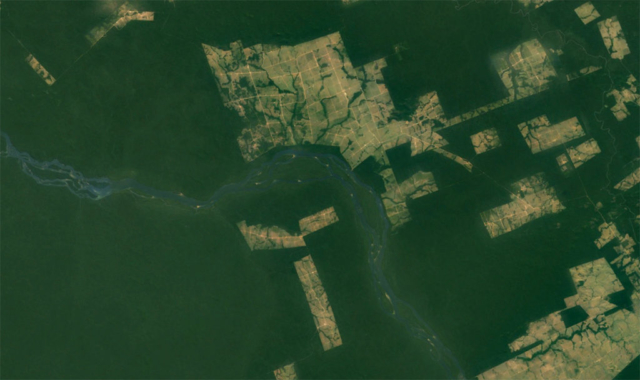
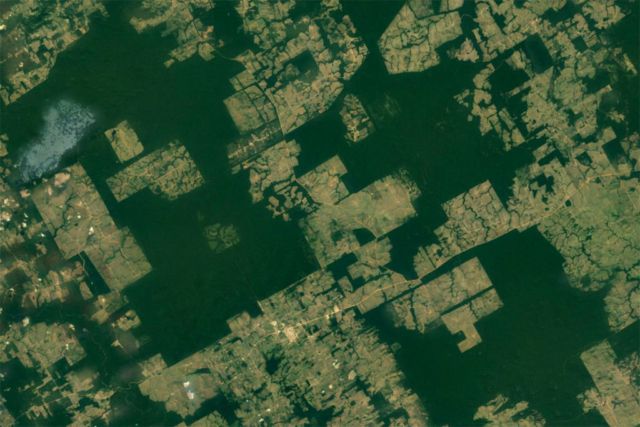
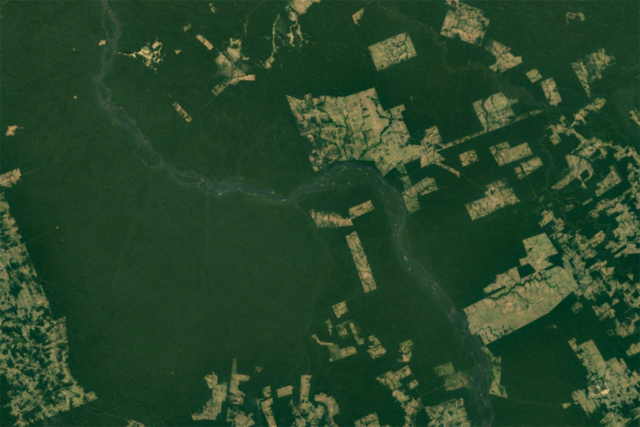
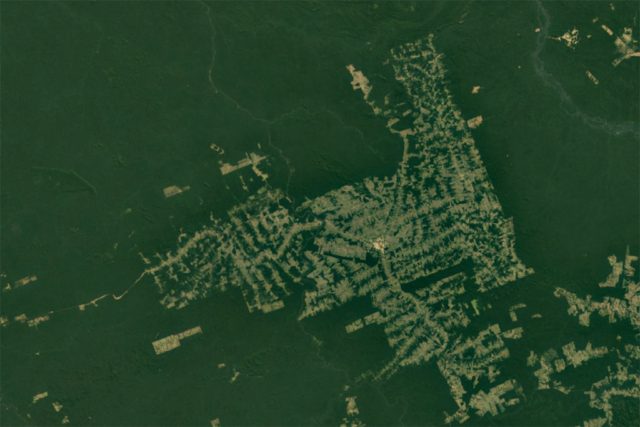
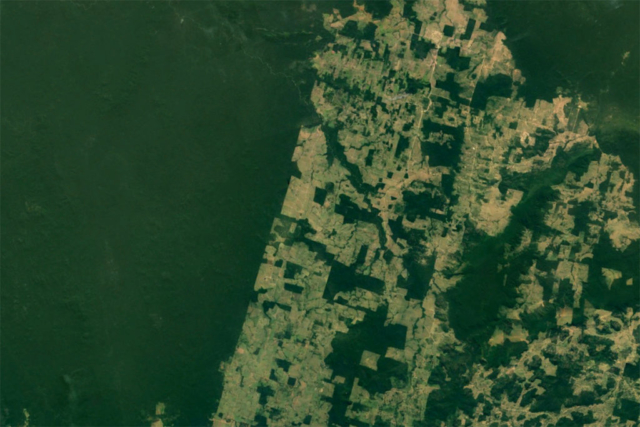
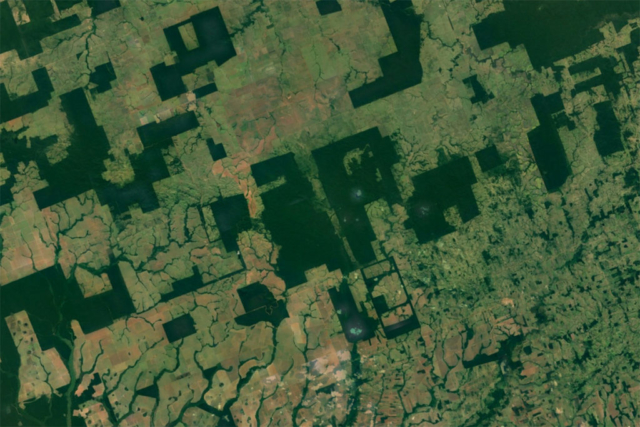
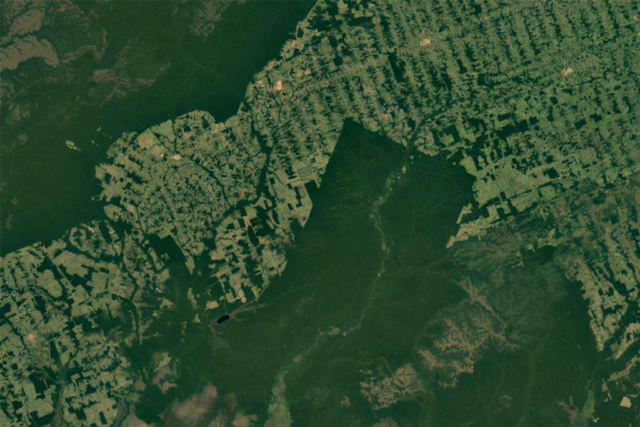
Recent Comments